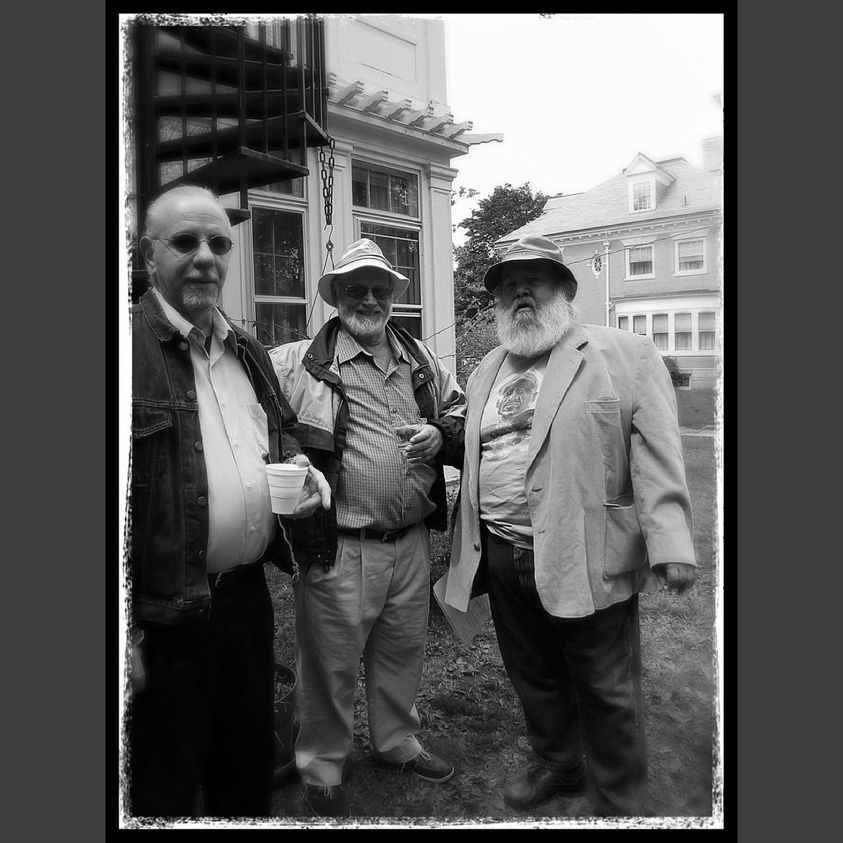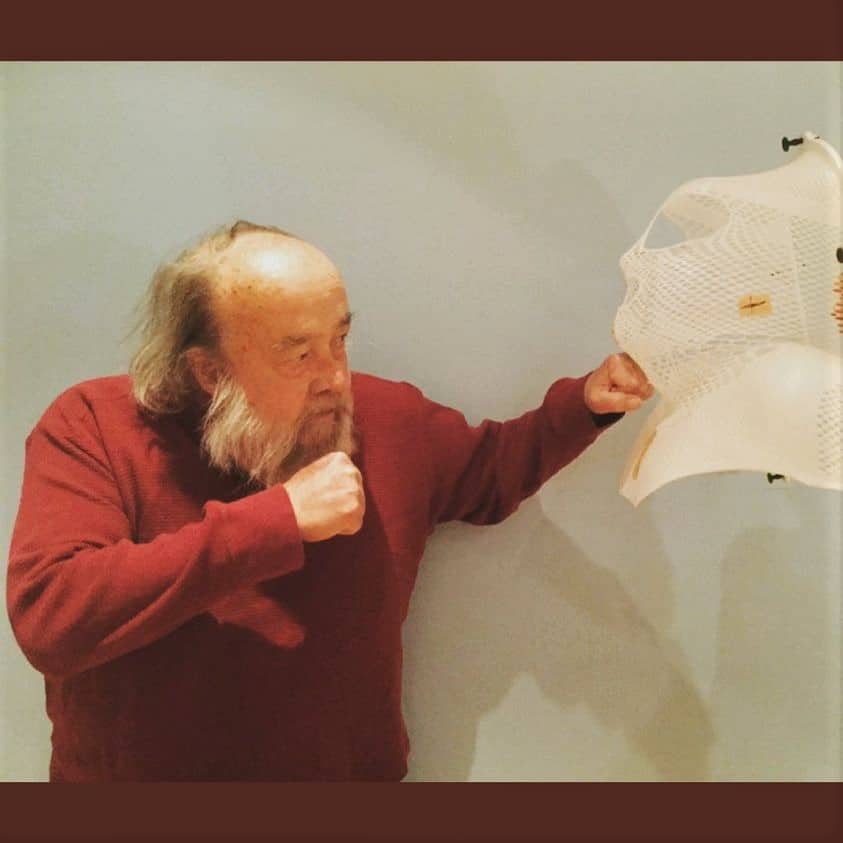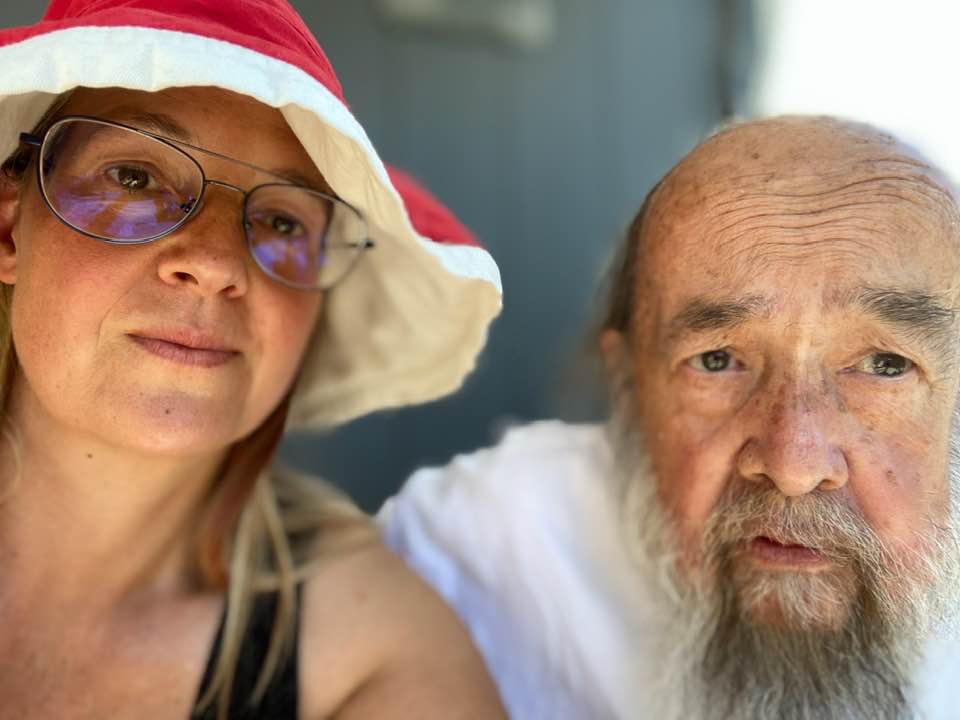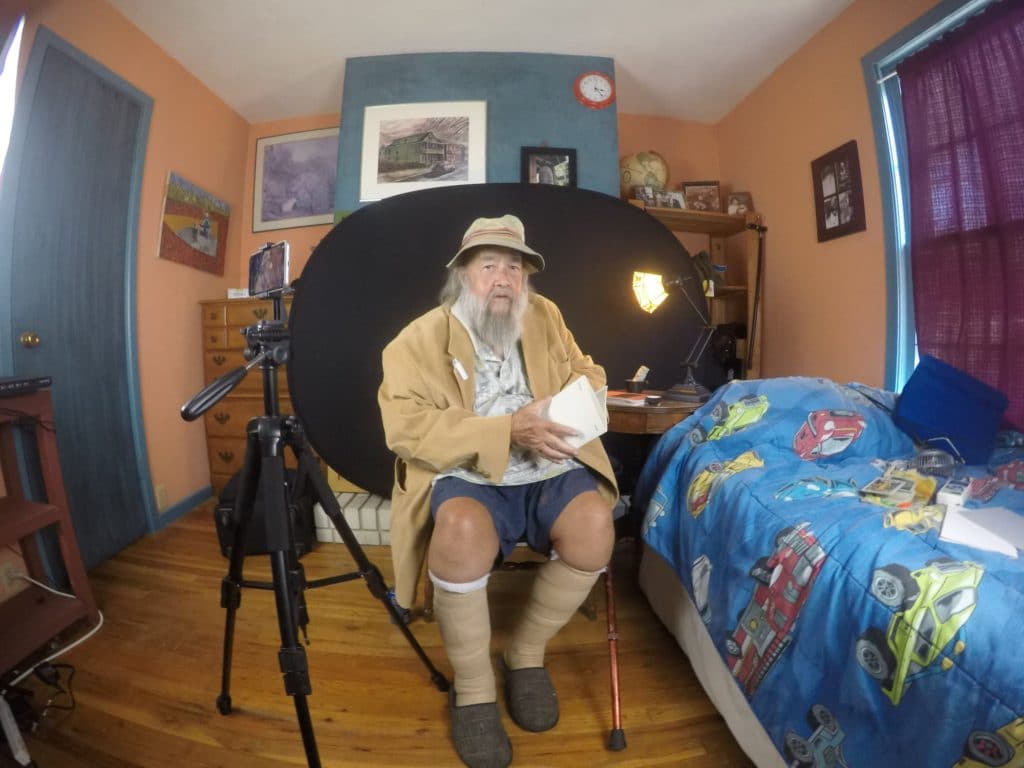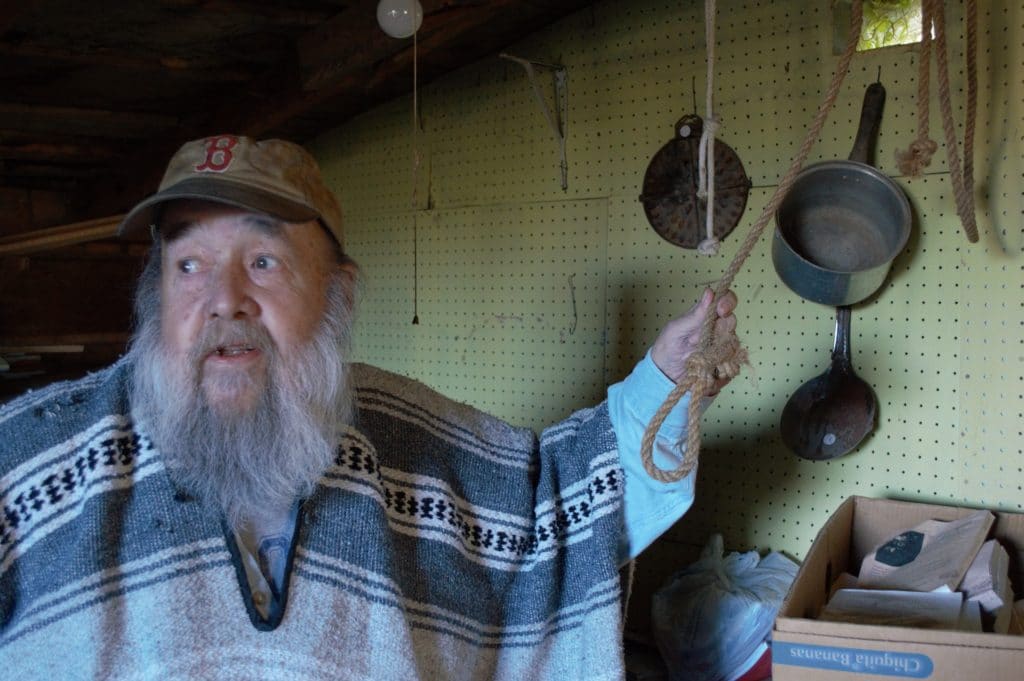
Walking in nature is an ecological activity. It is so first within the ecology of our sacred bodies; second, in the ecology of our bodies moving around in natural environments; and third in the ecology of our communities. When we take the time to walk in nature, we become better humans, contributing more patiently, compassionately, and thoughtfully to the ecology of humanity. If we’re not walking around and getting at least a few thousand steps in, then our body is breaking down, for simple lack of movement. We need to move, walk, get the blood and lymph circulating to supply the ecosystem of our body with all its nutrients, and clear out waste and dead cells. This is true on numerous levels…physically, emotionally, mentally, and spiritually. If our body is breaking down, then so is our scene, mind, soul, spirit, human and non-human relationships. Out with the old, and in with the new.

What does walking have to do with poetry?
The four main ways in which walking helps to read and write poetry are:
Observation
Inspiration
Rumination
Reading
We set the pace in part one of The Importance of Walking in Poetry series, talking about observation . Then we discussed inspiration.
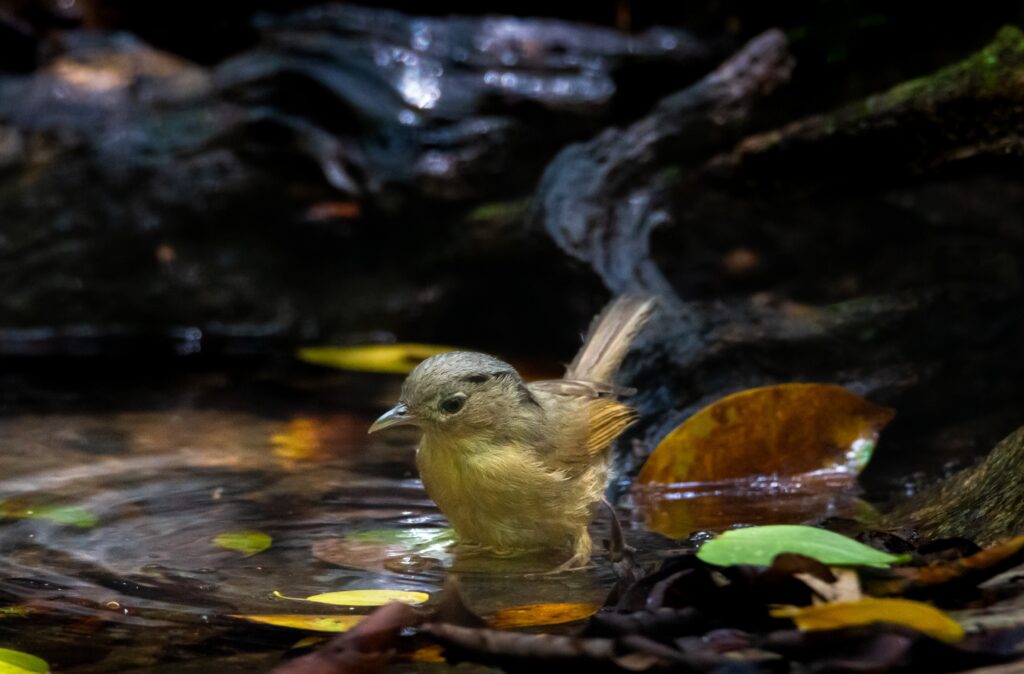
Today we’re going to focus on ‘rumination,’ and we mean this in a Nietzschean sense. We are spiritual cows standing placidly upon the plains of this fertile earth, with thought walking as giants above us, casting long shadow into our mind. We take a bite of mind and chew. Slow, and thoughtful, we bask in this skewed light of existence, catching glimpses of in-sight.

Walking in nature allows us to think in a soft and slow manner. Remember to lift your chin and look approximately 20 degrees above the horizon. Aim for the tops of trees half a football field ahead of you. This allows gathered mental insights to flow gently down through shoulders, belly, thighs, calves, and toes. Allow your mind to dictate its terms, and parts of your body to respond with their own rebellion. Form an integration of mind and body through the wilful act of walking. 90 minutes is ideal, usually somewhere around 10,000 steps.

To ruminate is to think, and to think is to know we exist. The ecological act of walking in nature situates our body within an environment that neither we nor any of our species created. We are forced to give ourselves over to the fact that we are not our own maker. There is something greater, older, wiser, longer-lasting, and more wilful than ourselves. This realisation is really good for writing and reading poetry. Kind of a Poetry 101 class where you get a syllabus listing Trees as Unit 1, Unit 2 is Water, 3 is Sky, 4 is Earth, 5 is Your Body on Nature, and 6 is Language, which ties it all together.

I recommend a good browse, both before and after your walk today, through the Igneus Bookshop. There you’ll find over three decades of collectibles by masters of poetry and existence by authors such as Peter Laska and Richard Martin, writers who have done more than their fair share of rumination, digesting the very difficult to digest grasses of philosophy and politics, alchemizing realisations in stanzas and lines of poetry.





